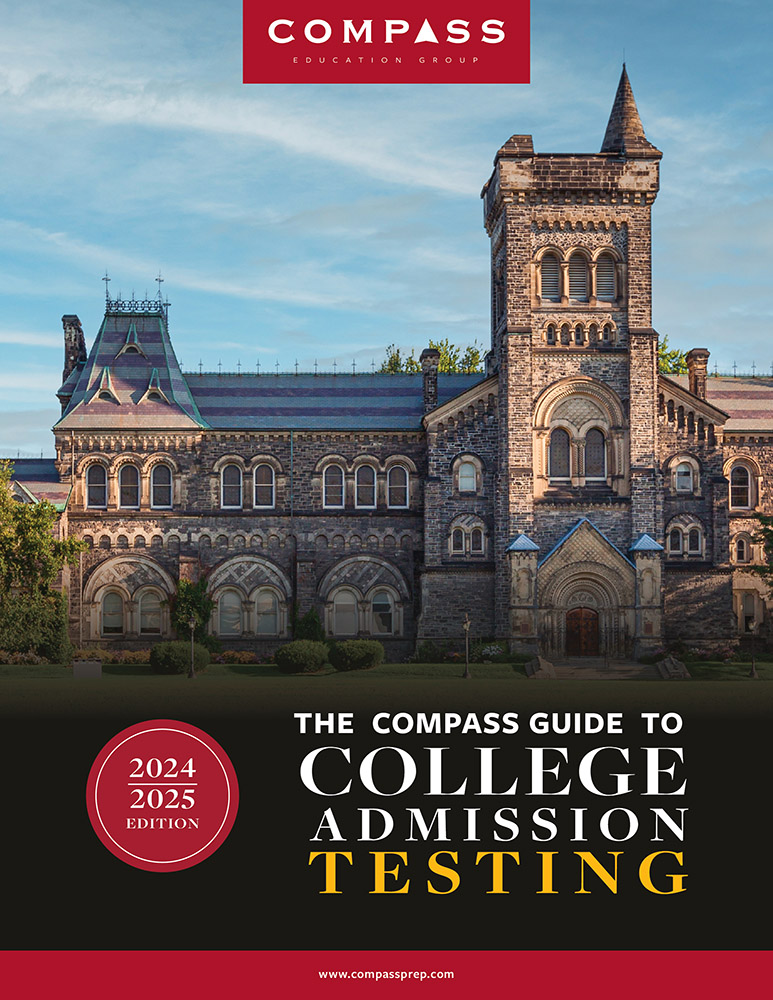
This post was contributed by Chelsea Watkins, an independent counselor and financial aid expert based in Los Angeles. Chelsea is a certified advisor for the National Association of College Funding Advisors (NACFA) and the College Planning Network (CPN), the nation’s largest and most reputable college admission and financial aid servicing center.
Student loans, once thought of as a way for more students to afford college, have turned into a disaster. Outstanding debt exceeds $1.2 trillion. Current default rates stand at 13.4% and are climbing. Even if they are repaying their loans, many young adults cannot afford to buy homes, start families and achieve the prosperity they aspired to by going to college in the first place!
The penalties for default are stiff. Tax refunds can be intercepted, wages can be garnished and social security payments can be confiscated. Worse still, there is no time limit to collect, so borrowers can be sued indefinitely. Since student loans cannot be discharged in bankruptcy, there is no way to get out of them.
The current interest rates for new Federal Stafford Loans in 2018-2019 are 5.05% for undergraduate students and 6.60% for graduate and professional students, making it even harder for new borrowers to pay off student loans. So the best thing to do is fund your college education without them.
Here is how you do it:
1.Know your College Number: The EFC or Expected Family Contribution is the amount of money you must contribute to your child’s education. It is calculated according to a formula that takes into account student and parent income, assets and benefits. Do not automatically assume you will not qualify for financial aid. There are ways to lower your EFC and pay less for college.
2. Understand % of Need Met: The amount of aid you are eligible to receive is the COA or Cost of Attendance minus your EFC. However, not all colleges give the full amount of financial aid. The % of Need Met is the percentage of eligible financial aid the college will offer to the student. For example, USC meets 100% of need, while UCLA meets 85%. That means a student attending UCLA must pay the extra 15%. Oftentimes, expensive private schools end up being cheaper than state schools because they meet a higher percentage of need.
3. Submit Your Strongest Application: College tuition pricing is similar to airline ticket pricing. Not all financial awards are the same. They vary by school and by student. Schools basically decide how much financial aid they want to award each student and stronger applications equal more financial aid. These can come in the form of merit scholarships and/or “Institutional Grants/Scholarships.” If a school really wants a certain student, they will show it through their financial aid offer.
4. Make Your Money Work Before It Goes to Tuition: There are many tax free growth investment vehicles: 529s, Roth IRAs, Dividend Paying Whole Life Insurance. You want to put your college money into one of these, let it grow tax-free and then use it to pay the tuition gap (or to pay back the loans, if you must borrow to attend college). Of the three, Dividend Paying Whole Life Insurance is the most secure, flexible and is not counted towards your EFC.
5. Work With a Trusted Advisor: The most important thing is to have a plan in place. Many college financial advisors give free consultations and can give you an idea of what you are looking at in terms of EFC. Even if you only have a couple hundred dollars a month, you can get going on a plan that will pay off tremendously in the long run. You will send your children to college knowing that their and your financial futures are safe.
To help increase your personal knowledge and financial literacy, we recommend the following books to our families:
- Secrets of the Millionaire Mind – T. Harv Eker
- Rich Dad’s Guide to Investing: What the Rich Invest In, That the Poor and Middle Class Do Not! – Robert T. Kiyosaki
- Becoming Your Own Banker: Unlock the Infinite Banking Concept – R. Nelson Nash
- Speedwealth: How to Make a Million in Your Own Business in 3 Years or Less – T. Harv Eker

